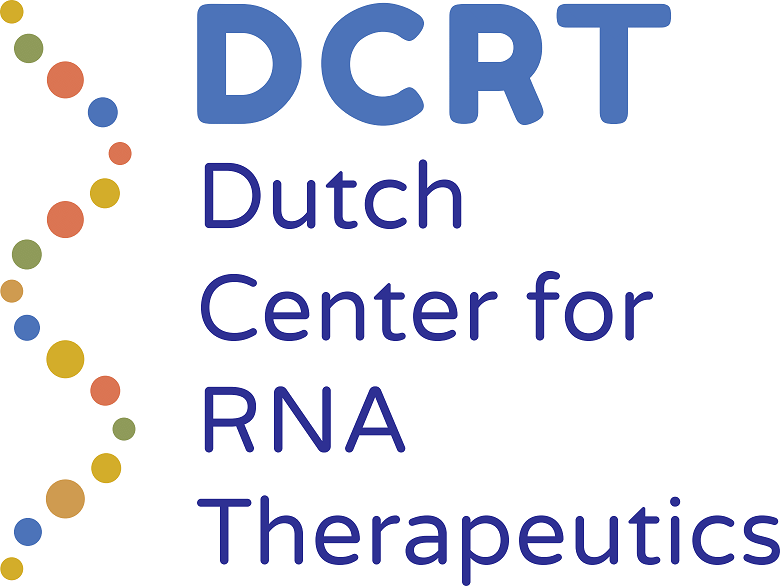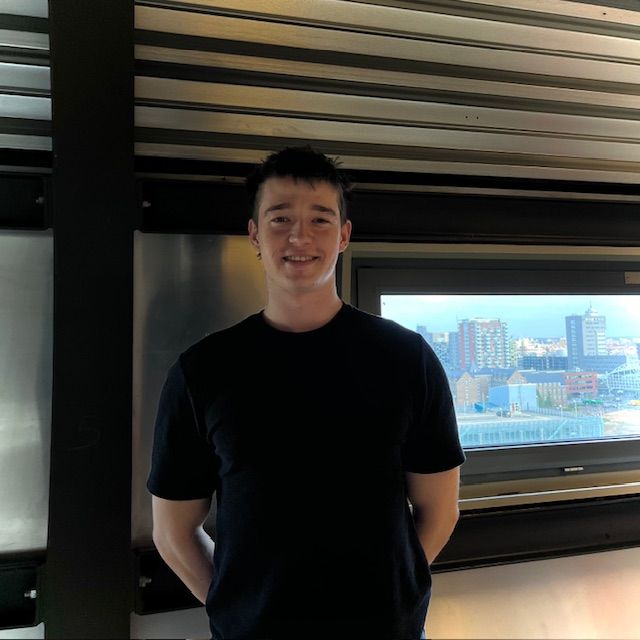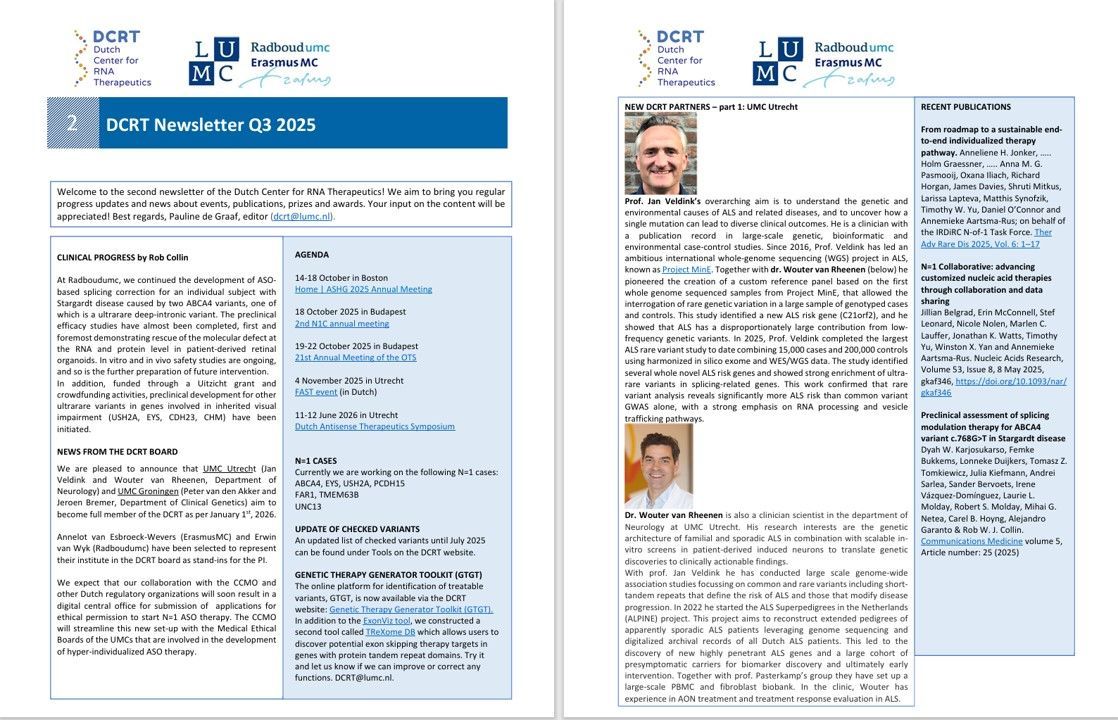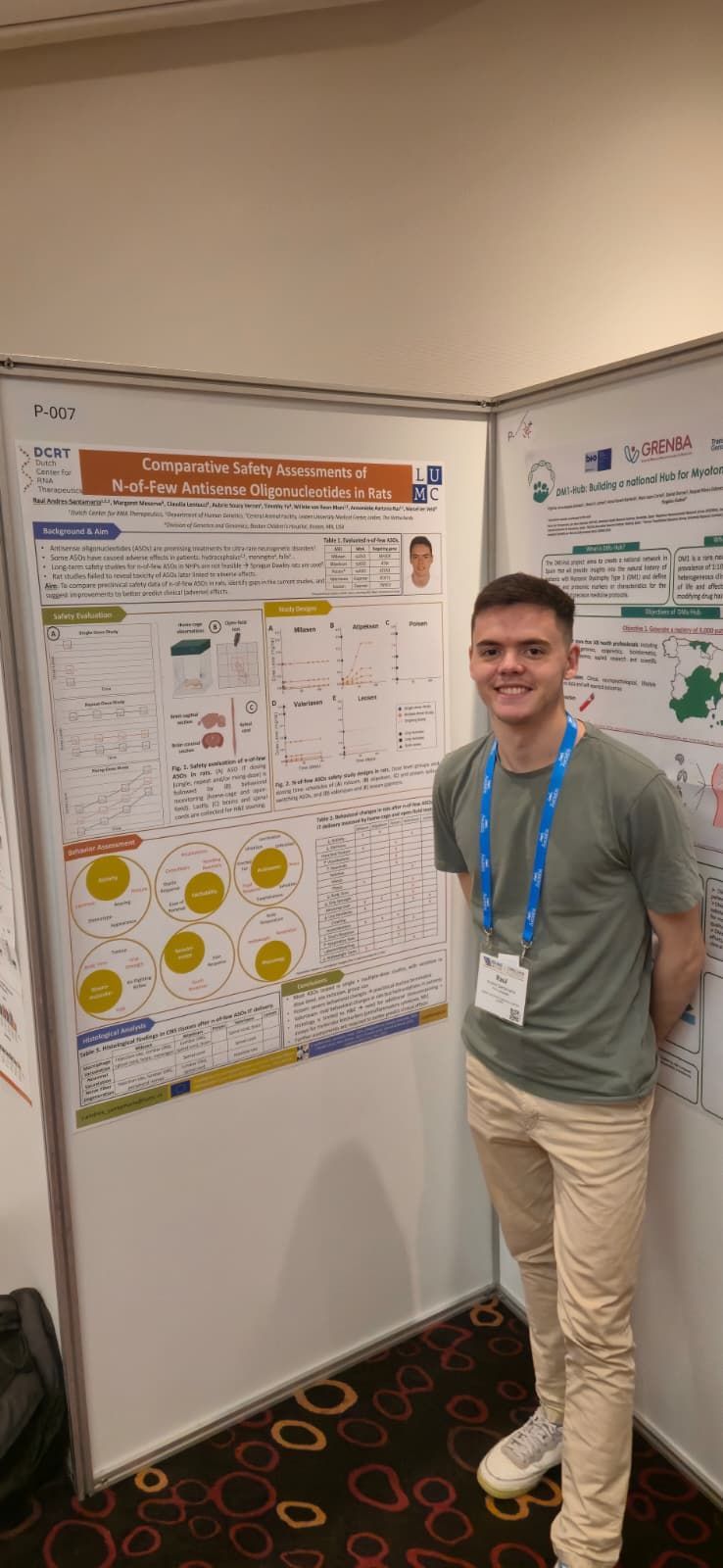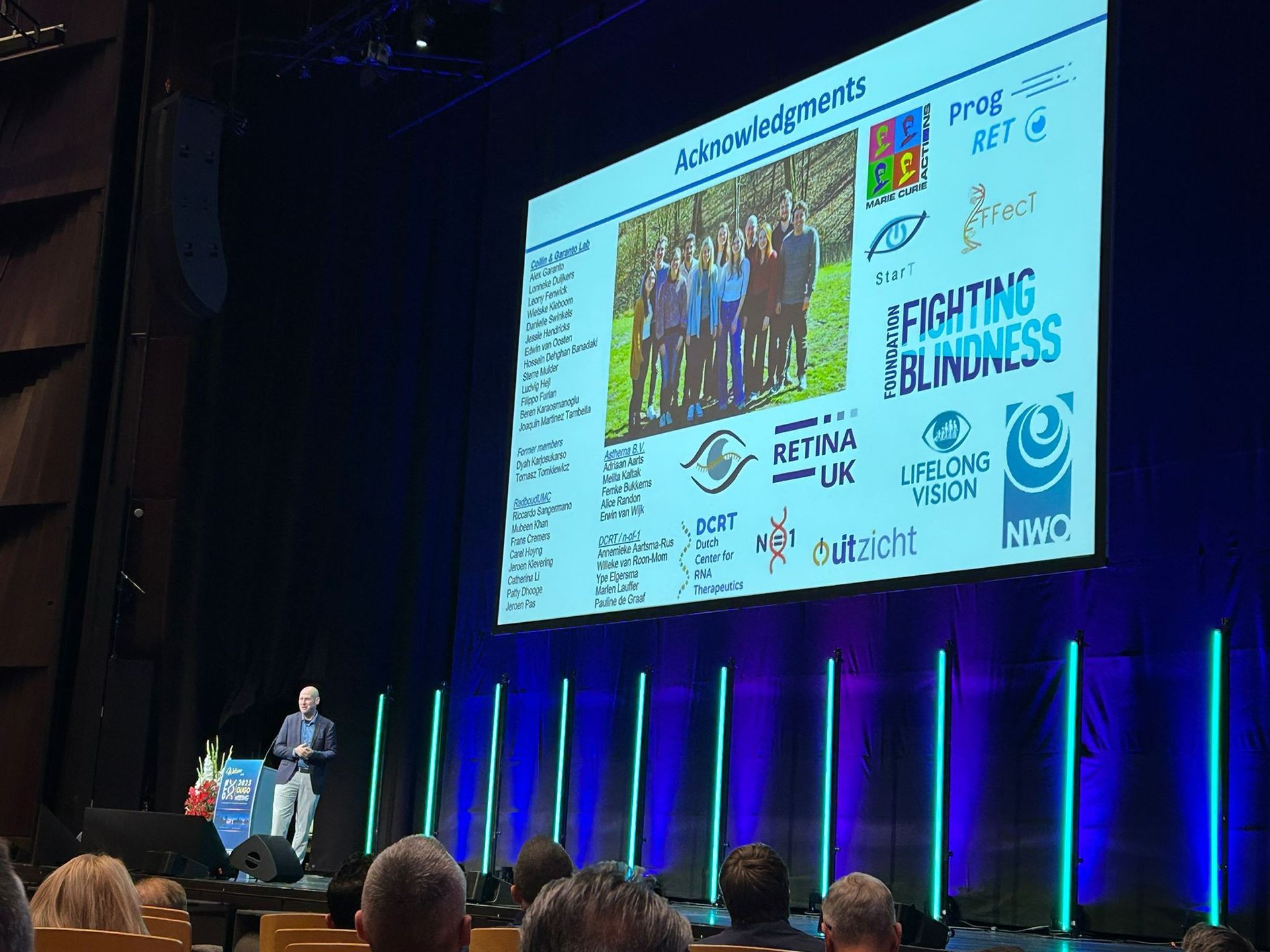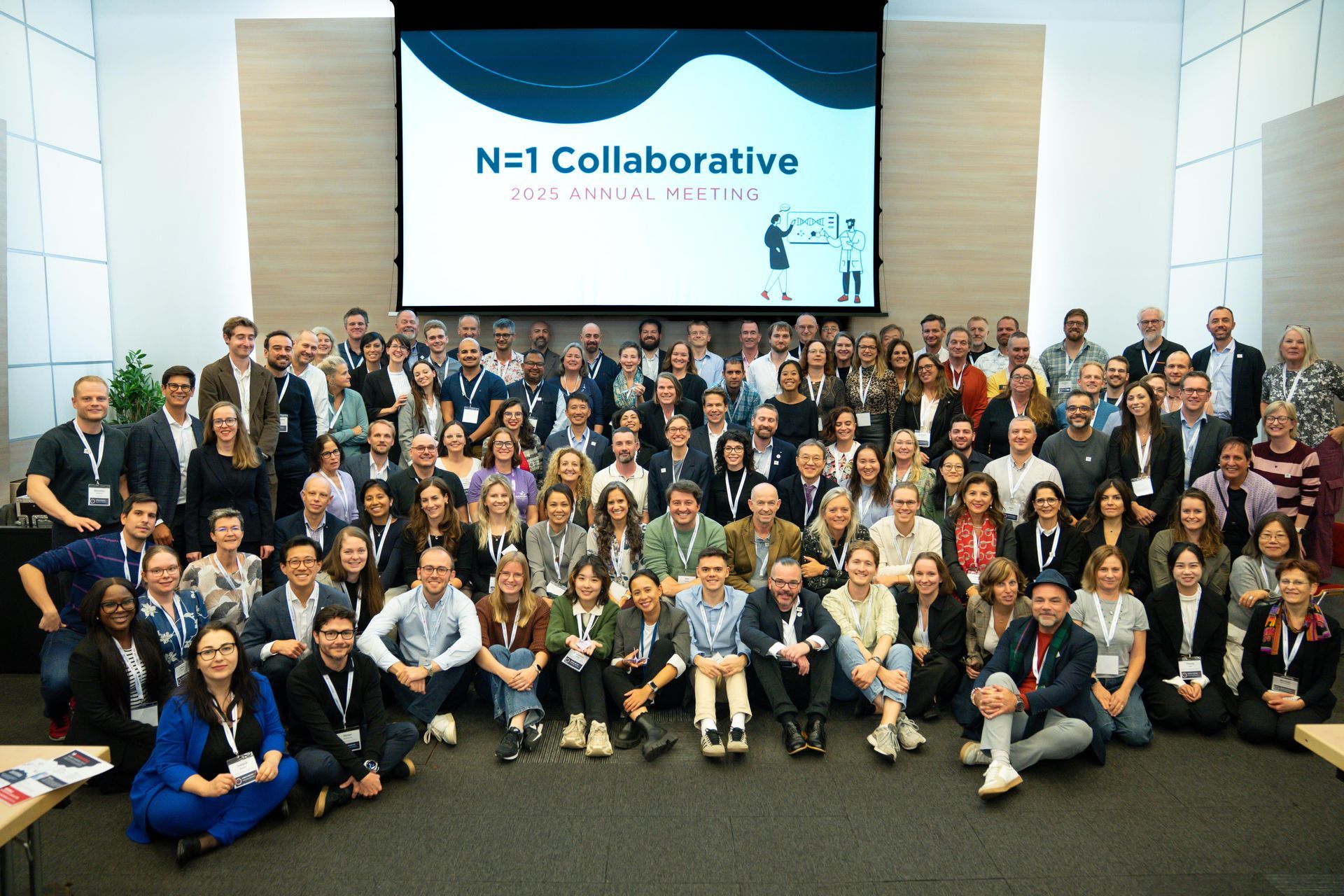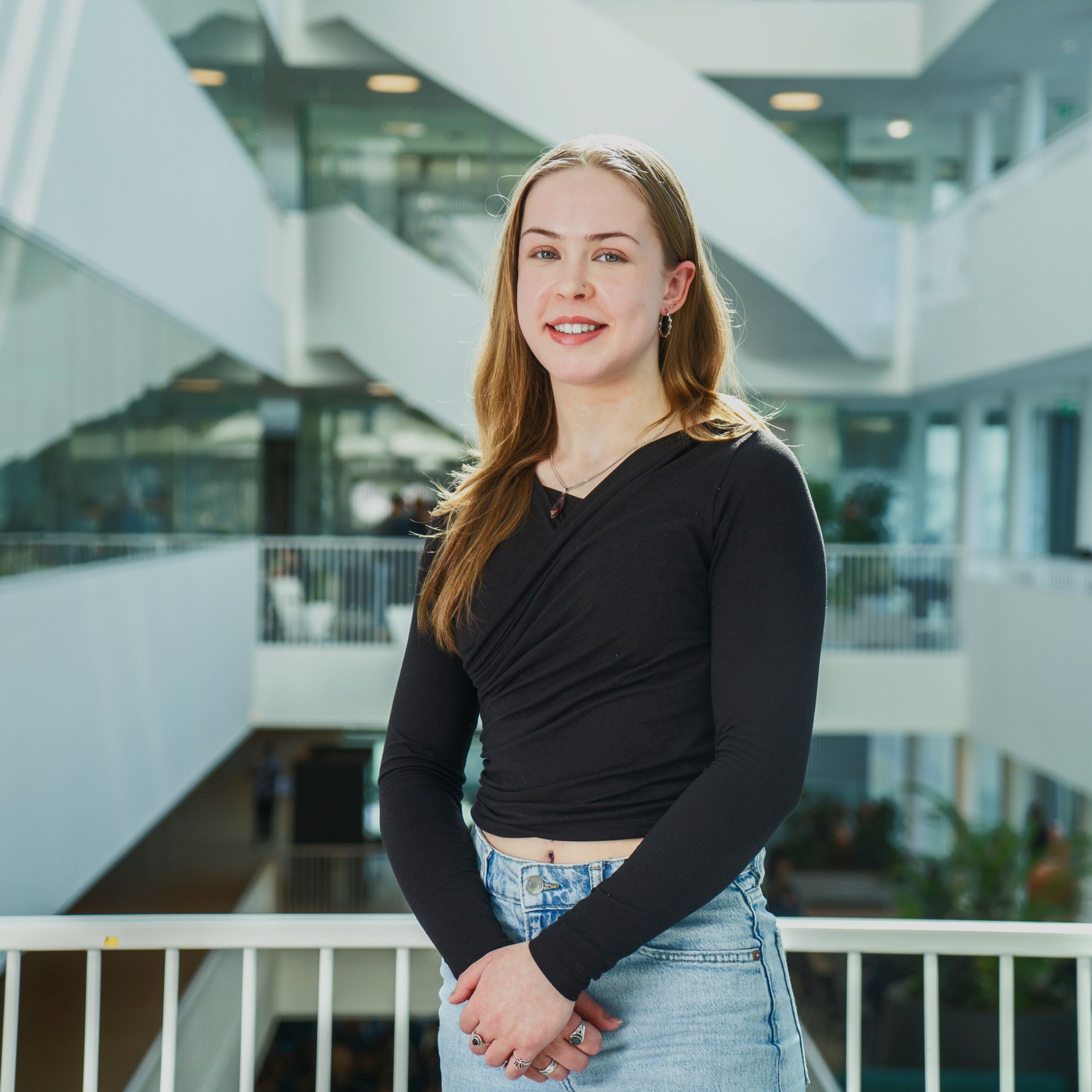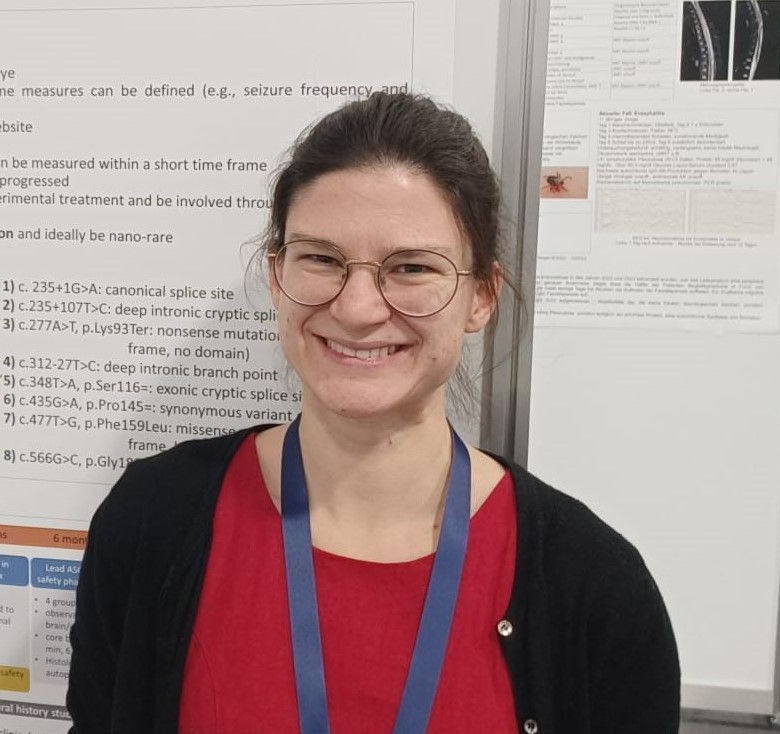Selecting the right candidate: Which disease-causing variants are eligible for N=1 ASOs?
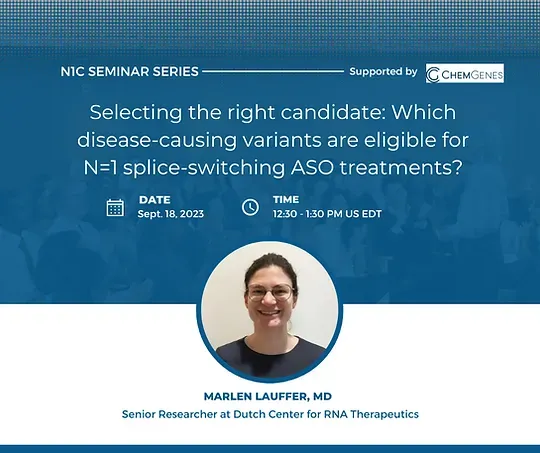
Individualized genetic treatments provide new opportunities for targeted therapies for rare disease patients. Unfortunately, not all individuals affected by a rare disease qualify for tailored N=1 approaches, and selecting those most likely to benefit is challenging. Patient identification can be divided into the evaluation of (i) the disease-causing variant, (ii) the disease, and (iii) the status of the affected individual. DCRT's Marlen Lauffer will tell you about our efforts to identify eligible variants in the N1C seminar series on 18th September 2023.
posted on September 4, 2023
